Black feminist thought is a powerful framework centered on Black women’s experiences, challenging societal norms. Lisa B. Thompson’s work highlights empowerment, self-love, and resistance through a Black feminist lens.
Defining Black Feminist Thought
Black feminist thought is a critical framework that centers the lived experiences, perspectives, and ideas of Black women; It challenges dominant narratives by addressing the intersections of race, gender, and class, emphasizing the unique struggles and resilience of Black women. This thought is rooted in the historical and cultural contexts of Black communities, offering a powerful critique of systemic oppression. It advocates for empowerment, self-love, and resistance, providing a lens to understand and address issues such as societal beauty standards, health disparities, and mental well-being. Through works like The Black Feminist Guide to the Human Body, this framework highlights the importance of reclaiming and valuing Black women’s bodies and voices in a society that often marginalizes them.
Historical Context and Evolution
Black feminist thought has deep roots in the historical struggles of African-American women, dating back to the 19th century. Figures like Sojourner Truth and Anna Julia Cooper laid the groundwork by challenging racial and gender oppression. The framework evolved through the Civil Rights Movement and feminist waves, gaining prominence in the 1980s with scholars like Patricia Hill Collins. Her work emphasized the importance of centering Black women’s voices and experiences. Today, Black feminist thought continues to adapt, addressing contemporary issues such as beauty standards and health disparities. Works like The Black Feminist Guide to the Human Body reflect this evolution, blending historical insights with modern critiques to empower Black women and challenge systemic oppression.
Key Figures in Black Feminist Theory

Black feminist theory has been shaped by trailblazing figures who challenged systemic oppression and amplified Black women’s voices. Patricia Hill Collins, a renowned sociologist, laid the groundwork with her concept of “Black feminist thought,” emphasizing the lived experiences of African-American women. Playwright Lisa B. Thompson, through her work The Black Feminist Guide to the Human Body, explores themes of identity, aging, and empowerment. Other pivotal figures include Sojourner Truth, whose speech “Ain’t I a Woman?” remains a cornerstone of intersectional discourse, and Alice Walker, who popularized the term “womanist.” Together, these voices have created a powerful legacy, inspiring scholarship and activism that continues to resonate today.
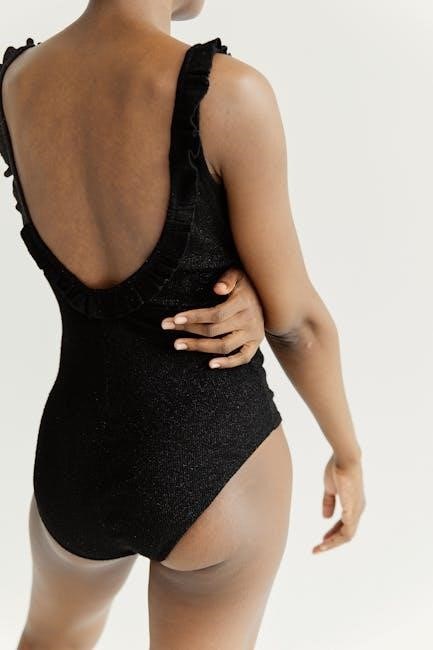
The Intersectionality of Race and Gender
Exploring the intersections of race and gender through Black feminist perspectives, Patricia Hill Collins and Lisa B. Thompson highlight how societal norms uniquely impact Black women’s identities and experiences daily.
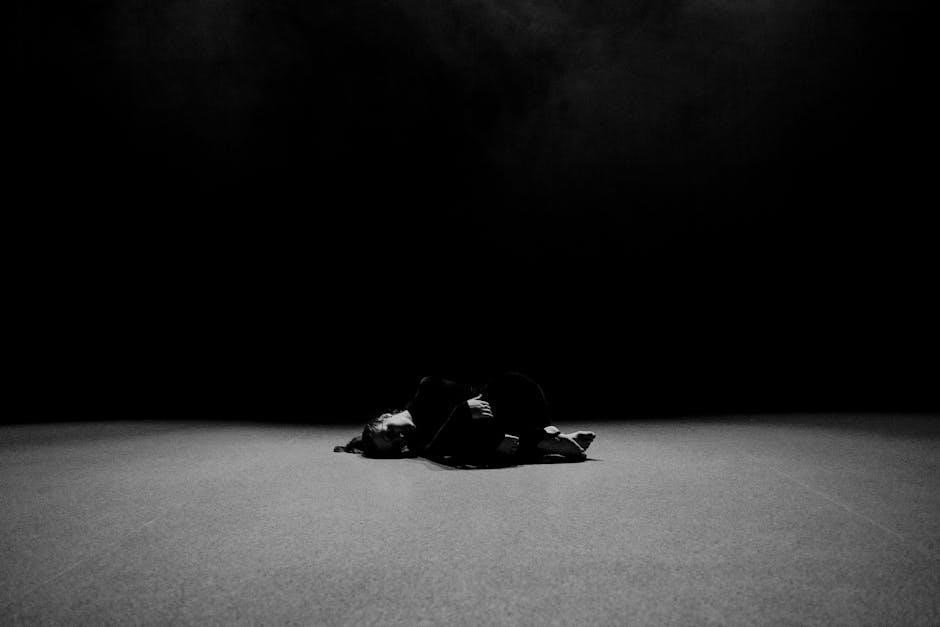
Understanding Intersectionality
Intersectionality, a concept coined by Kimberlé Crenshaw, examines how overlapping systems of oppression—such as racism, sexism, and classism—shape unique experiences of marginalization. In the context of The Black Feminist Guide to the Human Body, intersectionality highlights how Black women face distinct challenges due to the interplay of race and gender. Lisa B. Thompson’s work underscores how societal beauty standards, healthcare disparities, and economic inequality disproportionately affect Black women. By centering their voices, intersectionality provides a framework to address these overlapping injustices and advocate for equitable solutions. This lens empowers Black women to reclaim their narratives and challenge systemic oppression, fostering resilience and collective empowerment.
Race, Gender, and Class Intersections
The intersection of race, gender, and class creates a complex web of oppression that uniquely impacts Black women. Patricia Hill Collins’ concept of intersectionality highlights how these identities compound, leading to experiences of marginalization that are more than the sum of their parts. In The Black Feminist Guide to the Human Body, these intersections are explored through themes of healthcare disparities, economic inequality, and societal beauty standards. Black women often face limited access to quality healthcare, wage gaps, and Eurocentric beauty norms that devalue their bodies. Addressing these issues requires recognizing how race, gender, and class intersect to perpetuate systemic inequalities. By centering Black women’s voices, the guide advocates for equitable solutions and challenges these oppressive structures, fostering empowerment and resilience. This framework underscores the need for holistic approaches to justice and well-being.
The Impact of Societal Beauty Standards on Black Women
Societal beauty standards disproportionately affect Black women, perpetuating Eurocentric ideals that devalue their natural features. These standards, often rooted in racism and sexism, lead to internalized oppression and self-doubt. Black women face pressure to conform to unattainable beauty norms, such as straight hair or lighter skin, which can result in low self-esteem and mental health challenges. The Black Feminist Guide to the Human Body addresses these struggles, emphasizing the need for self-love and rejection of harmful beauty ideals. By challenging these norms, Black feminist thought encourages women to embrace their uniqueness and resist societal expectations that erase their cultural identity. This resistance is a form of empowerment, fostering confidence and resilience in the face of systemic beauty biases.

Health and Wellness Through a Black Feminist Lens
Black feminist thought emphasizes addressing health disparities, mental well-being, and societal impacts on Black women’s bodies, advocating for holistic healing and empowerment through self-care and community support.
Physical Health Disparities Faced by Black Women
Black women face systemic inequalities in healthcare, often experiencing inadequate treatment for chronic conditions like hypertension and diabetes. The legacy of medical racism and stereotypes about Black women’s resilience exacerbate these disparities. Higher rates of maternal mortality and limited access to quality care further highlight the gaps. Black feminist thought emphasizes the need to address these physical health disparities through advocacy, policy change, and community-driven solutions. By centering Black women’s voices, the movement seeks to dismantle barriers and promote equitable healthcare outcomes, ensuring their bodies are treated with dignity and respect.
Mental Health and Emotional Well-being
Black women often navigate unique stressors linked to race, gender, and societal expectations, which can profoundly impact mental health. The pressure to conform to beauty standards, systemic racism, and gendered stereotypes create emotional burdens. Black feminist thought emphasizes the importance of acknowledging and addressing these challenges, advocating for spaces where Black women can heal and thrive. By prioritizing emotional well-being and fostering resilience, Black feminist frameworks encourage self-love and collective support. This approach challenges the erasure of Black women’s experiences and promotes a holistic understanding of mental health, ensuring their voices and struggles are validated and addressed with the dignity they deserve.
Alternative Healing Practices in Black Communities
Black communities have long embraced alternative healing practices as a form of resistance and self-care. Rooted in ancestral traditions, these practices include herbalism, spiritual rituals, and holistic approaches to wellness. The Black feminist guide emphasizes the importance of reclaiming these methods as a way to heal from systemic oppression. By prioritizing natural remedies and collective care, Black women create spaces for empowerment and resilience. These practices not only address physical health but also nurture mental and emotional well-being. They serve as a testament to the strength and ingenuity of Black communities, offering a powerful alternative to mainstream medical systems that have historically marginalized Black bodies.
Empowerment and Self-Care
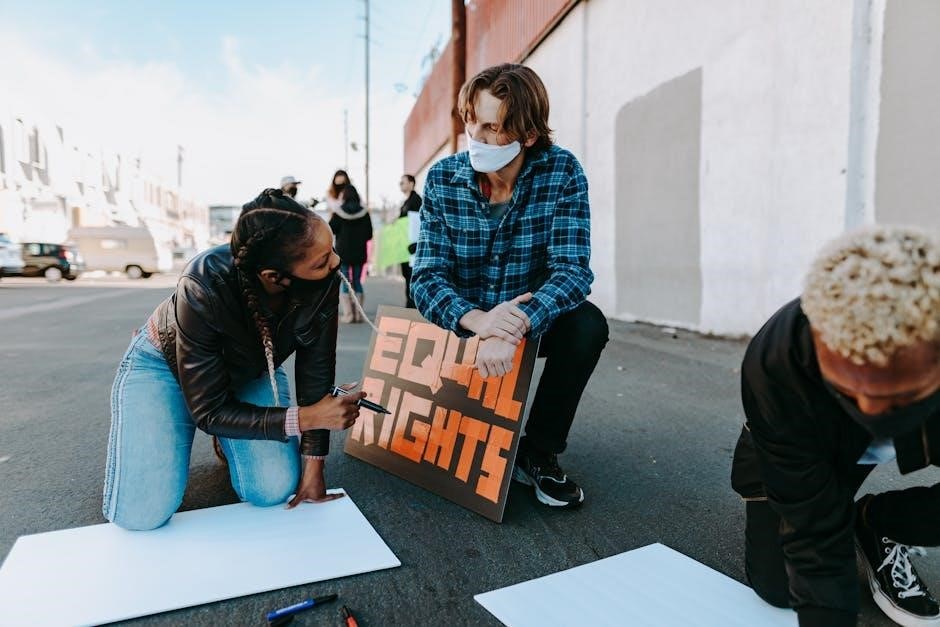
Empowerment and self-care are vital acts of resistance. Black feminist thought frames self-care as activism, fostering confidence, self-love, and liberation, essential for Black women’s holistic well-being.
Self-Care as a Form of Activism
Self-care is a powerful act of resistance rooted in Black feminist thought. It challenges systemic oppression by prioritizing Black women’s well-being and autonomy. Lisa B. Thompson’s work emphasizes self-care as a radical practice, fostering resilience and healing. By reclaiming agency over their bodies and minds, Black women subvert societal expectations and redefine strength. This form of activism is not just personal but collective, creating spaces for communal healing and empowerment. It addresses the intersections of race, gender, and class, offering a holistic approach to liberation. Self-care, in this context, is a political statement—a declaration of worth and a commitment to thriving despite systemic inequalities.
Building Confidence and Self-Love
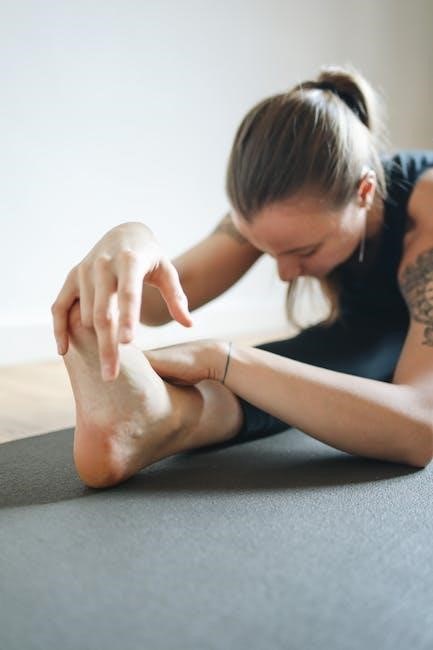
Building confidence and self-love is a cornerstone of Black feminist thought, particularly in works like The Black Feminist Guide to the Human Body. This framework encourages Black women to reclaim their narratives, embracing their worth and challenging societal beauty standards. By affirming their humanity and rejecting oppressive norms, Black women cultivate resilience and self-acceptance. The theater piece highlights the importance of aging gracefully and combating internalized biases, fostering a deeper connection to self. This empowerment is not just individual but collective, as shared experiences and affirmations create a community of support. Through this lens, confidence becomes a radical act, enabling Black women to thrive authentically and unapologetically in a world that often seeks to diminish their value.
The Role of Community and Sisterhood
The role of community and sisterhood is vital in Black feminist thought, as highlighted in The Black Feminist Guide to the Human Body. This framework emphasizes the power of collective experiences and shared narratives among Black women. Through sisterhood, individuals find validation, support, and a sense of belonging, countering isolation and marginalization. The play underscores how communal bonds foster trust, resilience, and mutual empowerment. By celebrating shared stories and struggles, Black women create a space for healing and growth. This collective energy not only strengthens individual identities but also amplifies their voices, fostering a united front against systemic oppression. The power of sisterhood lies in its ability to transform personal and communal trajectories, ensuring a legacy of strength and solidarity for future generations.
Black feminism’s future lies in empowering voices and advocating for equity. The Black Feminist Guide to the Human Body inspires collective action, fostering a culture of justice and liberation.
Looking Ahead: The Future of Black Feminism
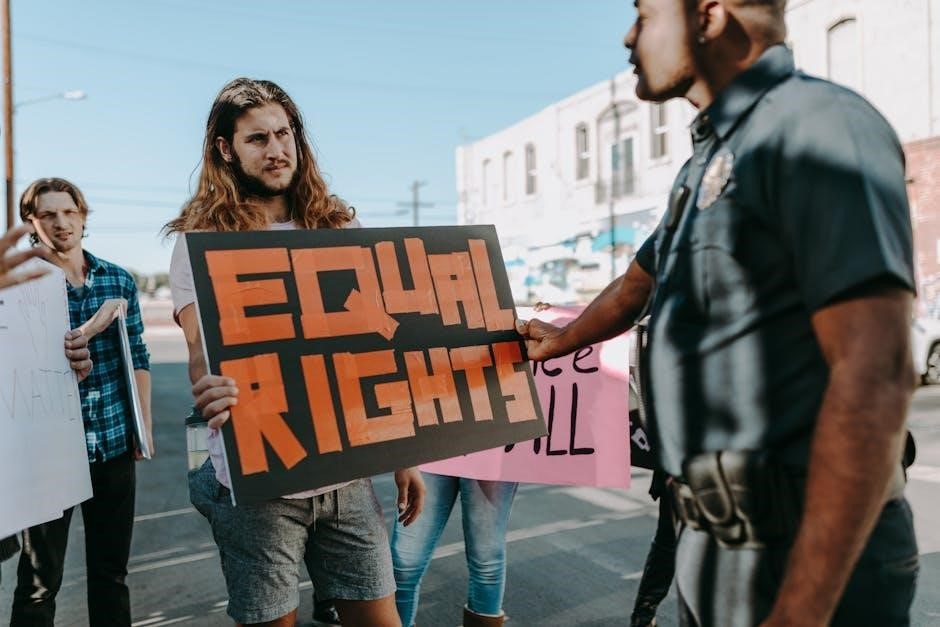
Black feminism’s future is rooted in empowerment and intersectional justice. Works like The Black Feminist Guide to the Human Body pave the way for healing and liberation, addressing aging, beauty standards, and self-love. By centering Black women’s voices, this movement fosters resilience and challenges systemic inequities. The integration of art, activism, and community underscores the power of collective action. As Black feminist thought evolves, it will continue to redefine societal norms, advocating for holistic well-being and dismantling oppressive structures. This framework ensures a future where Black women’s lives are valued, respected, and empowered.
Call to Action for Collective Empowerment
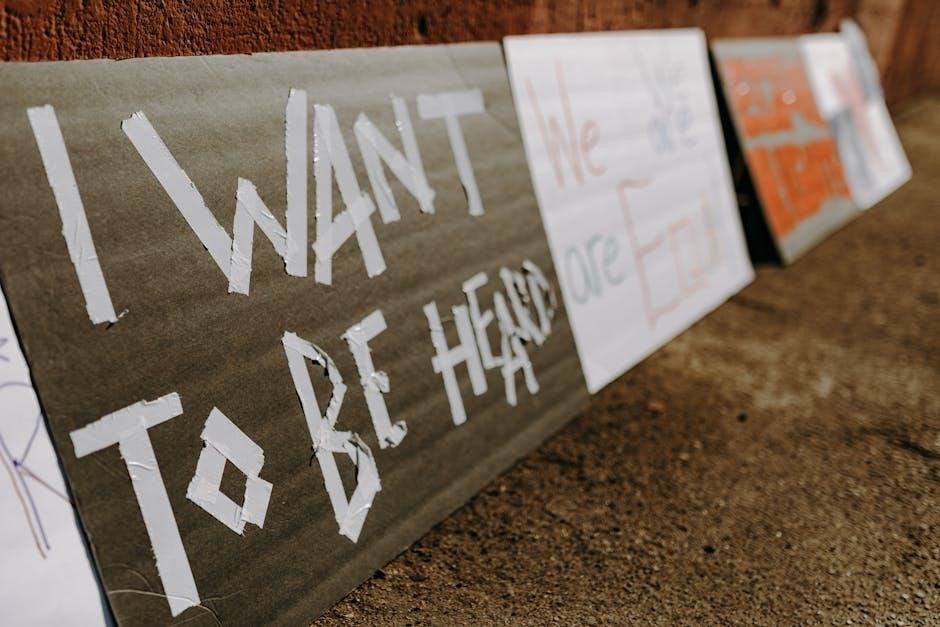
A call to action for collective empowerment urges individuals to unite in solidarity, prioritizing education, advocacy, and community-building. By challenging systemic inequities and amplifying Black women’s voices, we foster a culture of liberation. The Black Feminist Guide to the Human Body inspires us to embrace self-love and resist oppressive norms. Through art, activism, and dialogue, we can dismantle barriers and create spaces for healing. Empowerment begins with personal and communal acts of care, solidarity, and resilience. Let us commit to uplifting one another, celebrating Black women’s contributions, and working toward a future where their humanity is fully affirmed and respected.
